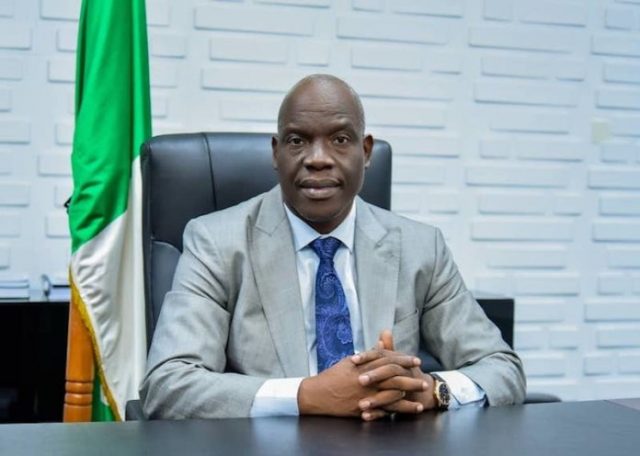The Federal Government has revealed plans to attract $22.8 billion in investments for over 1,000 oil and gas projects approved between 2022 and 2023 across Nigeria. This announcement was made during a panel session at the ongoing 7th Nigeria International Energy Summit in Abuja.
According to the Nigeria Upstream Petroleum Regulatory Commission (NUPRC), the country’s technical crude oil production potential currently stands at 2.26 million barrels per day. Gbenga Komolafe, the Chief Executive of NUPRC, highlighted the significant progress in Nigeria’s oil sector during the session.
Komolafe described the approved projects as a “success story” for the nation’s oil industry, detailing key developments such as the approval of 51 Field Development Plans, expected to attract $17.64 billion in investment inflow. These plans aim to deliver a cumulative oil recovery of 2.12 billion barrels and 13.13 trillion cubic feet of gas recovery over the next five years.
He also noted significant investments in well drilling and workover activities, resulting in increased average oil production. Additionally, there has been a notable increase in rig count, from just eight in 2021 to an average of 30 over the past year.
Komolafe emphasized the importance of closing the gap between actual oil production and technical potential, presenting investment opportunities for stakeholders and enabling Nigeria to unlock additional revenue streams.
Furthermore, the commission is collaborating with International Oil Companies to accelerate the development of high-volume deep offshore assets. Opportunities in seismic acquisition, decarbonization initiatives, and waste management were also highlighted as areas for potential investment.
Komolafe reiterated the commission’s commitment to a fair, transparent, and competitive bidding process, inviting investors to participate in both open and closed bids for oil and gas acreages. He emphasized the commission’s efforts to boost Nigeria’s reserves, production, and national revenue through ongoing and proposed licensing rounds.
Overall, the Federal Government aims to leverage these investments to strengthen Nigeria’s economic resilience, address foreign exchange challenges, and maximize revenue from the oil and gas sector.













